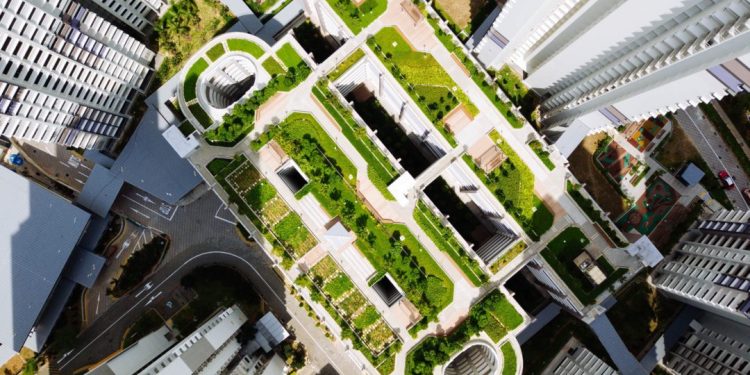Sustainable development is a crucial aspect of real estate that seeks to balance economic, social and environmental factors and has become a crucial aspect in the real estate industry. With the growing concerns about climate change and environmental degradation, real estate developers and investors are increasingly becoming aware of their responsibility towards sustainable development.
Environmental Benefits of Sustainable Real Estate
Sustainable real estate can help reduce carbon emissions and mitigate the impacts of climate change. Green buildings use renewable energy sources such as solar power to generate electricity, reducing the reliance on fossil fuels.
Moreover, sustainable real estate promotes efficient use of resources like water and energy, reducing waste and conserving natural resources. This can lead to a healthier and cleaner environment for everyone.
Economic Benefits of Sustainable Real Estate
Sustainable real estate can also provide economic benefits. Green buildings are designed to be more energy-efficient, which can result in lower utility bills for tenants and owners.
Furthermore, sustainable real estate is becoming increasingly popular among consumers who are willing to pay a premium for eco-friendly properties. This can increase the value of sustainable real estate investments and provide a competitive advantage in the market.
Social Benefits of Sustainable Real Estate
Sustainable real estate can also have social benefits. Green buildings provide a healthier and more comfortable living environment for occupants, with better indoor air quality, natural lighting, and temperature control.
Moreover, sustainable real estate promotes community development by creating public spaces and amenities that encourage social interaction and physical activity. This can lead to a more vibrant and connected community.
While there are many benefits to sustainable real estate, there are also challenges in implementing it. One of the main challenges is the higher upfront cost of sustainable construction and design.
Another challenge is the lack of awareness and education among consumers and stakeholders about the importance of sustainability in real estate. However, these challenges can be overcome through innovative financing models, government incentives, and education campaigns.
In conclusion, sustainability is an essential aspect of real estate development and investment. It provides environmental, economic, and social benefits while promoting responsible and ethical practices in the industry.
Real estate developers and investors should embrace sustainability as a core value and strive towards creating a more sustainable future for everyone. By prioritising economic, social and environmental factors, real estate developers can create value for stakeholders while contributing to a more sustainable future.


